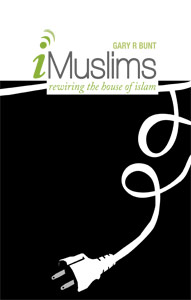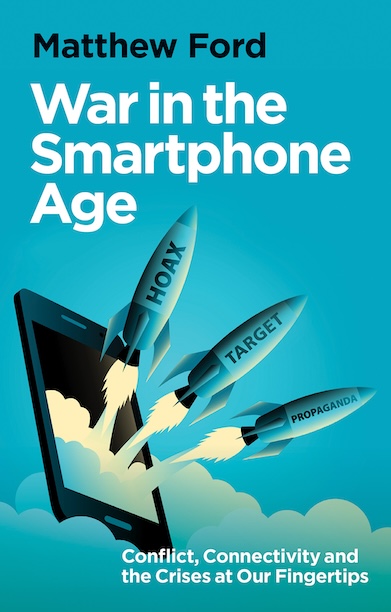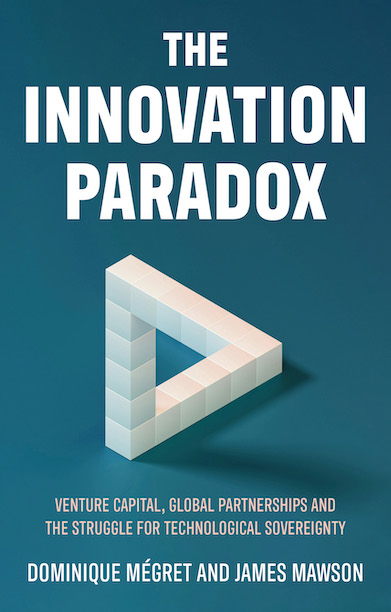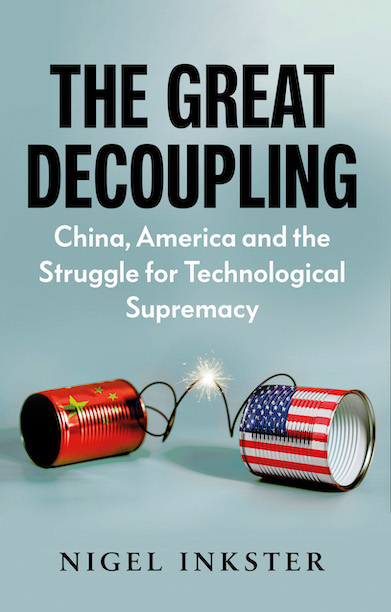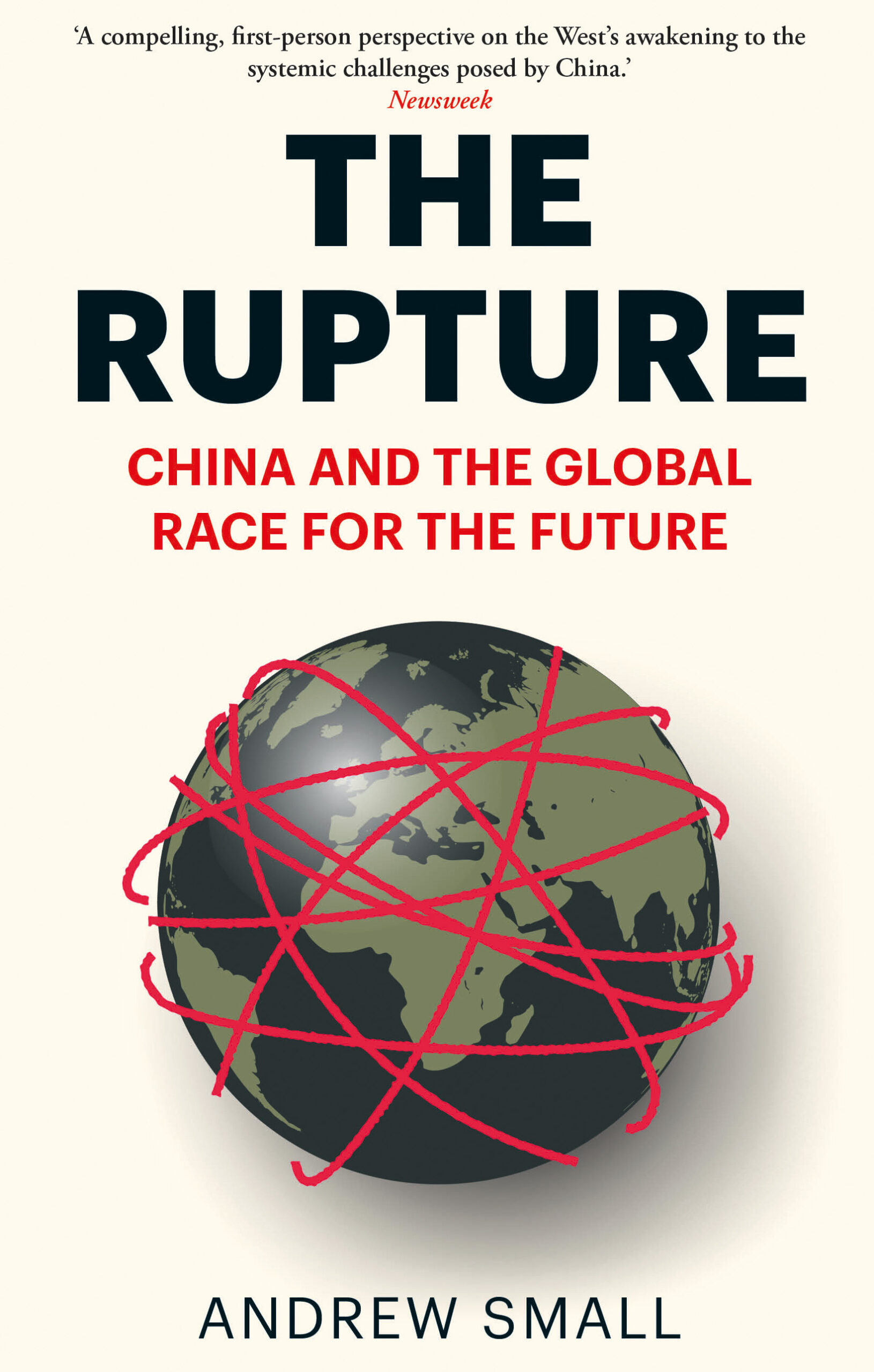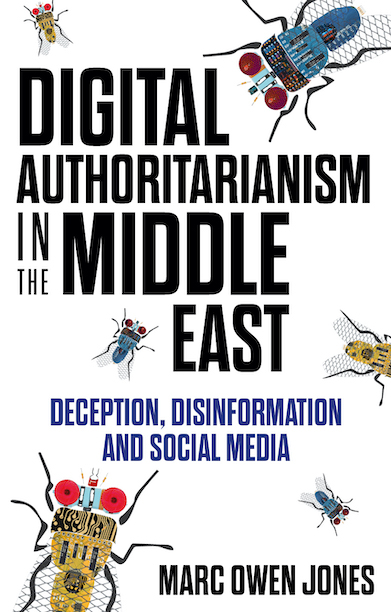Description
The internet has profoundly shaped how Muslims perceive Islam, and how Islamic societies and networks are evolving and shifting within the twenty-first century. While these electronic interfaces appear new and innovative in terms of how the media is applied, much of their content has a basis in classical Islamic concepts, with an historical resonance that can be traced back to the time of the Prophet Muhammad. I-Muslims explores how these transformations and influences play out in diverse cyber Islamic environments, and how they are responding to shifts in technology and society. This book discusses how, in some contexts, the application of the internet has had an overarching transformational effect on how Muslims practice Islam, how forms of Islam are represented to the wider world, and how Muslim societies perceive themselves and their peers.On one level, this may be in terms of practical performance of Islamic duties and rituals, or on the interpretation and understanding of the Qur’an. On another level, cyber Islamic environments have exposed Muslims to radical and new influences outside of traditional spheres of knowledge and authority, causing long-standing paradigmatic shifts at a grassroots level within societies. I-Muslimslooks at how these changes are taking place, including through social networking sites and the blogosphere. This book also explores how the internet has dramatically influenced jihad-oriented campaigns by networks such as al-Qaeda, and has made a significant difference to how forms of Islamic activism and radicalisation have been engendered. This book concludes by determining the way forward for the articulation of diverse understandings of Islam online, and how Muslim networks will be further shaped through their relationships with the internet.
Reviews
‘Bunt is an authority on Islam on the Internet. … He states from the outset that a practice of Islam, distinct from Islam lived in real life, has already emerged online, with Muslims sometimes identifying more with a Web site than a particular mosque or formal sect. Those who espouse their Muslim values online, the “iMuslims” of the title, are not just jihadis sharing bomb-making instructions but also hajjis (pilgrims) and other bloggers. Blogs allow these iMuslims to delve deeply into theological and societal issues not otherwise addressed. Bunt further theorizes that Muslims have an “open-source” educational legacy. This open-source nature of Islamic theology inclines Muslims, possible more than other faith adherents, towards an online “rewiring” of their faith. Though stopping short of analyzing the theological implications of such developments as Muslim dating Web sites, iMuslims is a near-encyclopedia of Islam online.’ –– Publishers Weekly
‘i-Muslims will be welcomed by all who want to understand the impact of the Internet on Islam and the Muslim world today. Gary Bunt, leading expert on Islam, provides a fascinating picture of the Internet as a vehicle for transformation of mainstream Islam as well as a propaganda and recruitment tool for militants.’ –– John L. Esposito, Georgetown University, co-author of Who Speaks for Islam? What a Billion Muslims Really Think
‘Many scholars have commented on online Islam, and a few have undertaken research, but only Bunt has developed a comprehensive approach to chronicling Muslims’ uptake of the full range of cyber-technologies. iMuslims is a significant book for both religious studies and policy studies.’ –– Jon W. Anderson, co-editor of Reformatting Politics: Information Technology and Global Civic Society
‘Bunt demonstrates an unparalleled command of the many and diverse manifestations of Islam on the Internet. Thoroughly comprehensive and up-to-date, iMuslims offers a wealth of examples throughout, allowing the reader to come away with a firm sense of the rich world of “cyber-Islamic environments.”‘ –– Peter Mandaville, author of Global Political Islam
‘iMuslims, especially combined with Bunt’s previous books, is a detailed, rich, and informative encyclopedia of Islam online. It is based on descriptive analysis and relies on a thorough examination of the contents and formats of online Islam. His study is laudable for breaking ground in an area that is inherently difficult to research due to its scope, complexity, vagueness, and expansiveness’. –– Sociology of Religion
Author(s)
Gary R. Bunt is Senior Lecturer in Islamic Studies, and Director of MA Islamic Studies, at the University of Wales, Lampeter. His publications includeVirtually Islamic (Cardiff: University of Wales Press, 2000) and Islam in the Digital Age (London & Michigan: Pluto Press, 2003). He maintains a website and blog on Islam at www.virtuallyislamic.com.
